The sun hadn’t fully risen, but the polling booth was already alive with activity. Elderly voters wiped sweat from their brows as they leaned on walking sticks, young first-timers clutched their voter slips nervously, and security personnel kept a watchful eye as the line steadily grew. Amid the din of announcements and shuffling feet, Rishika adjusted her ID tag and checked the voter list one more time.
She wasn’t just managing the queue; she was managing the weight of two lives. A government school teacher by profession and a UPSC aspirant at heart, Rishika had been assigned 24-hour election duty just 20 days before her prelims. The physical exhaustion, the mental strain, the fear of slipping behind in her preparation — it all came crashing down under the harsh fluorescent lights of the polling station.
“I had election duty in the General Elections. We had to report at 4 am and only got home by 2 or 3 the next morning. It was definitely a valuable exposure, but also immensely taxing at the same time, especially because I had prelims just two weeks later. I felt my obligations to election duties might hinder my performance in the exam, and all my efforts might go to waste because of these conflicting responsibilities,” Rishika recalls.
Despite the exhaustion and the looming pressure of the exam, Rishika’s spirit remained unbroken. She had faced setbacks before, including two failed attempts and the challenges of balancing her job with her studies.
Still, she pressed on through all three stages of the demanding examination and navigated through the chaos, squeezing in study hours whenever possible, even if it meant sacrificing sleep.
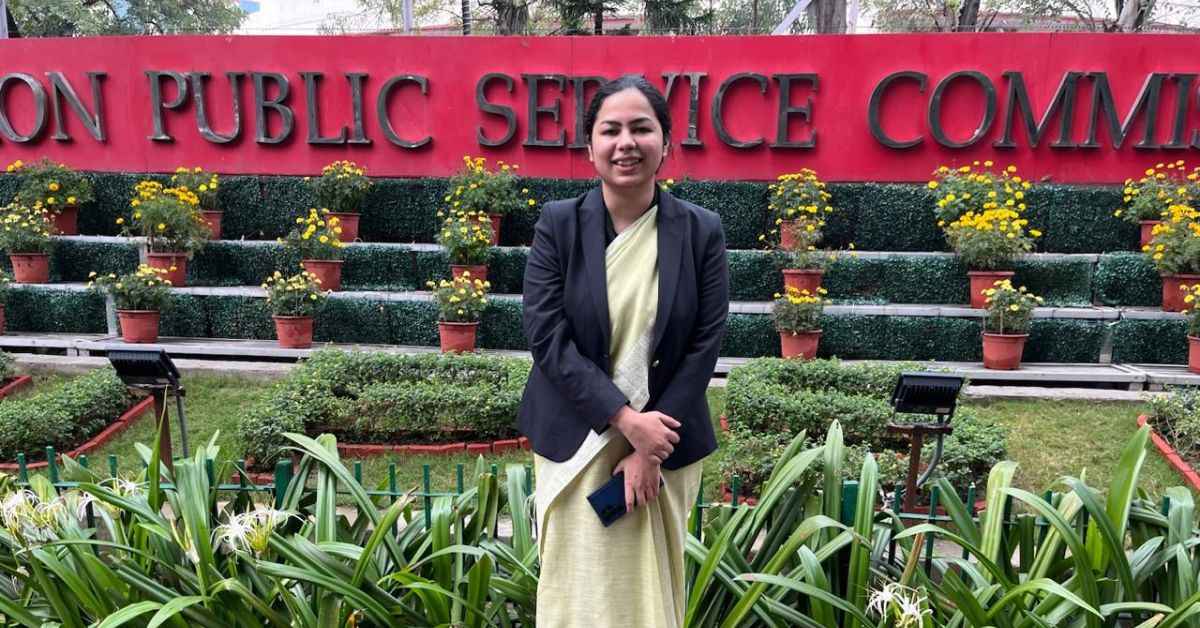
And when the UPSC CSE 2024 results were announced, she emerged victorious. Rishika secured an All India Rank of 217, proving that with grit and perseverance, one can overcome even the most daunting challenges.
In a conversation with The Better India, Rishika, now an Indian Revenue Officer (IRS), shares how she streamlined her preparation alongside her professional duties.
A strategic approach to UPSC preparation
Rishika began preparing for the UPSC in earnest in 2020. But the early phase of her journey was anything but smooth. With job constraints and limited study hours, her preparation was initially sporadic. She even decided to skip the 2021 attempt, feeling underprepared. “Instead of rushing, I took a calculated pause to establish a solid foundation,” she explains.
Recognising the limitations of her schedule, Rishika brought strategic planning to every step of her process, right from covering the syllabus to revising. Her job as a full-time teacher in a government school kept her engaged until 2:30 pm every day, leaving only the latter half of the day to study.
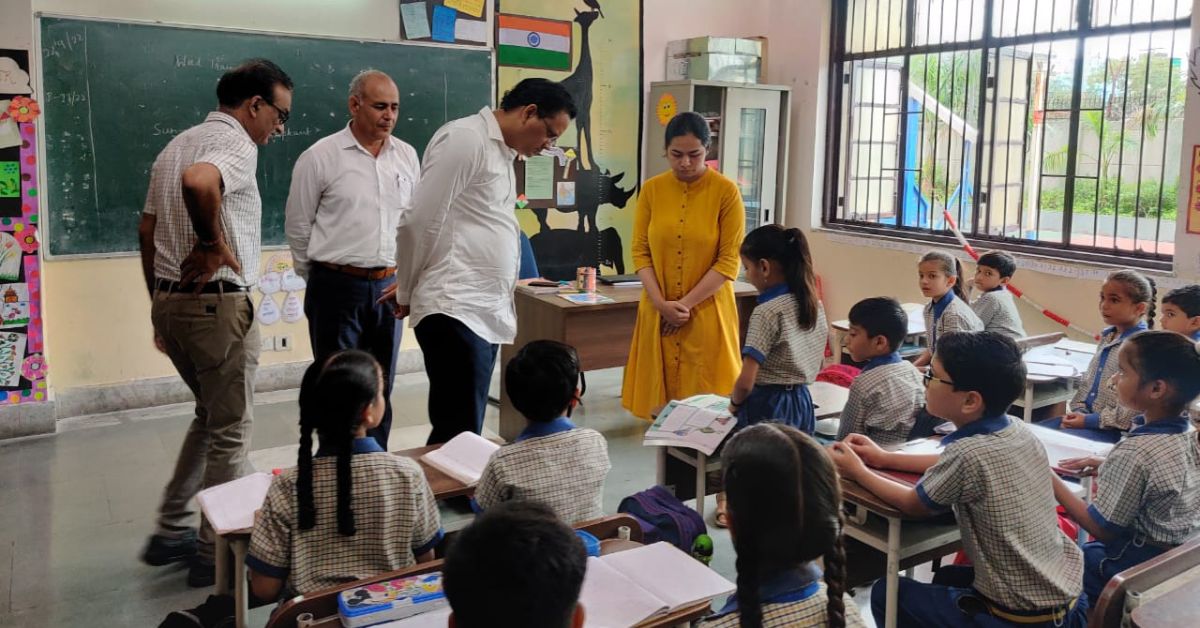
“When you have fixed responsibilities throughout the day, it becomes very difficult to consolidate the same amount of effort in the limited time available,” she says. So, Rishika’s approach to preparing for UPSC while working was built on practicality and adaptability. Understanding that she could not dedicate the conventional eight to 10 hours a day solely to study, she prioritised quality over quantity. After work, she carved out 3.5 to four hours each day for study.
Slowly, Sundays became her sanctuary — a full day dedicated to preparation, extending study sessions to refill her knowledge reserves, and strengthen her strategies.
‘Time management is key’
Balancing work, studies, and personal life came with its own set of hurdles. From mandatory election duties to frontline responsibilities during the COVID-19 pandemic, Rishika often found crucial preparation time slipping away. The interruptions were frustrating, but she kept going, driven by the belief that success didn’t require perfection, only consistency and adaptability.
“After my exams, I had to return to work the very next day. There were no breaks in my intense schedule of preparation, which often led to feelings of rejection and stress over my performance. But patience is the key. If we understand our limitations and manage our study time effectively, we can still succeed despite having to juggle job responsibilities,” she shares.
Even as she neared the finish line, life didn’t ease up. “Just before my interview, which was on 16 January 2025, I again had the election trainings, and I thought my interview chances were gone because of these obligations. But in the end, I think it all paid off.”
5 Tips for Aspirants
Every attempt — even the unsuccessful ones — offered fresh insights that fine-tuned her preparation techniques for further attempts. Each step she took was a lesson on how it wasn’t just about clearing the exam; it was about learning how to keep going, even when the odds felt stacked against her.
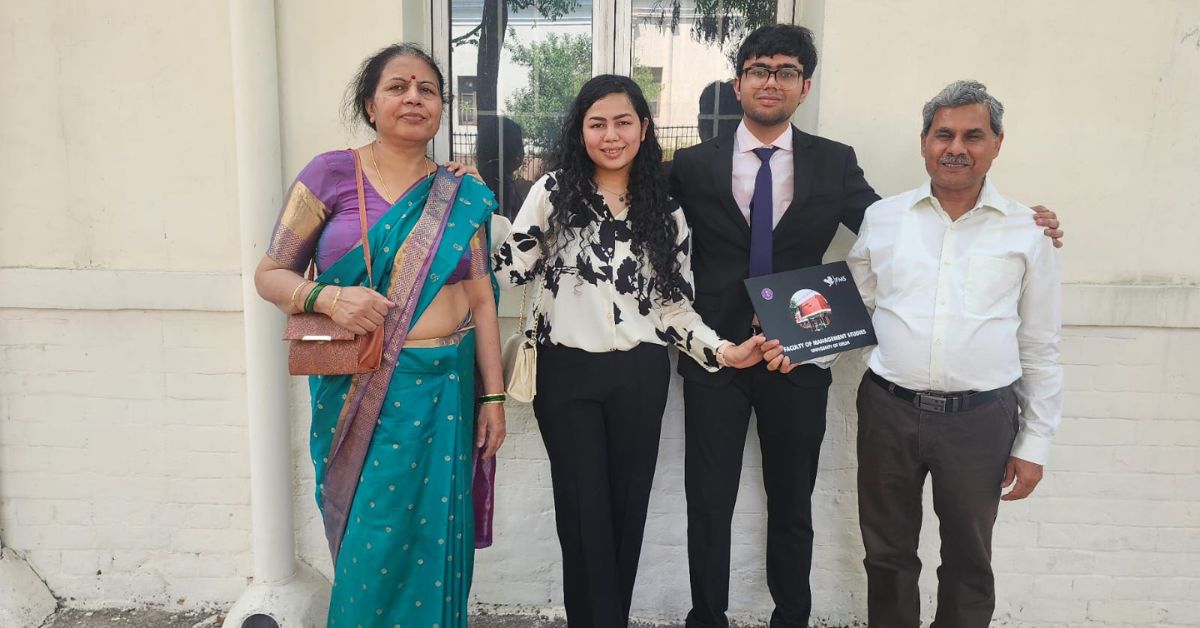
Reflecting on everything she has learnt through the highs and lows of her journey, she shares five key lessons.
1. Adapt, don’t imitate
Every aspirant has a different starting point. Rishika advises crafting a preparation plan that suits your personal routine, pace, and constraints, rather than copying someone else’s strategy blindly. What works for one may not work for all.
2. Leverage digital resources
After long work days, Rishika often turned to educational videos to consolidate her understanding of topics. This method allowed her to absorb content without getting overwhelmed, serving as both a refreshing change and an effective retention technique.
3. Prioritise your health
It is natural to feel overwhelmed during the preparation phases. Accepting your limits and being kind to yourself can help keep motivation alive. “Giving weight to health is critical, as preparation is a marathon — not a sprint. Overexertion leads to burnout, not success,” she says.
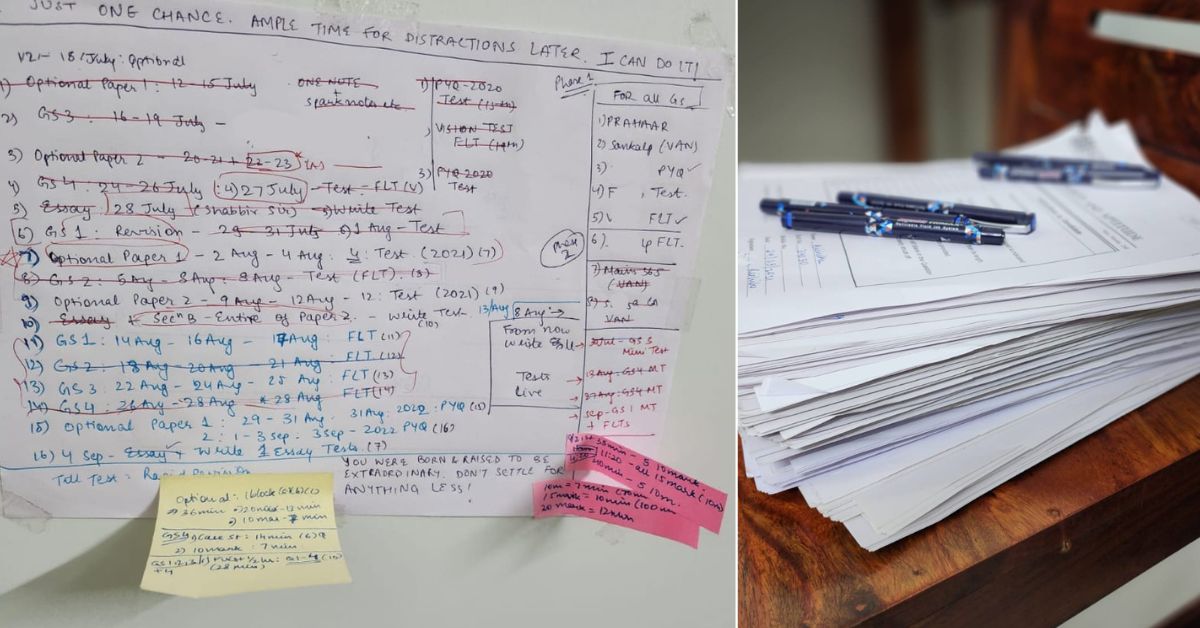
4. Engage in selective reading and incremental learning
Given her limited time, Rishika focused on selective reading and smart revision. Instead of making separate notes, she used coloured highlighters directly in her books — a quick and effective way to mark important points for easy revision later.
“Engage with the syllabus continuously. Steady, consistent learning is more beneficial than cramming large portions sporadically,” she advises.
5. Schedule smarter
Life throws curveballs — duty calls, unexpected events, or simply tough days. “So, factor in unexpected events and responsibilities. Build buffers into study schedules to accommodate unforeseen tasks or the need for extra revision time,” she suggests.
These small but powerful shifts helped Rishika stay grounded through the uncertainty and chaos of juggling a full-time job with one of India’s toughest exams.
For fellow aspirants, her journey is a reminder that success in the UPSC isn’t just about the final rank. It’s about how much you grow, adapt, and evolve along the way.
Edited by Khushi Arora; All images courtesy Rishika
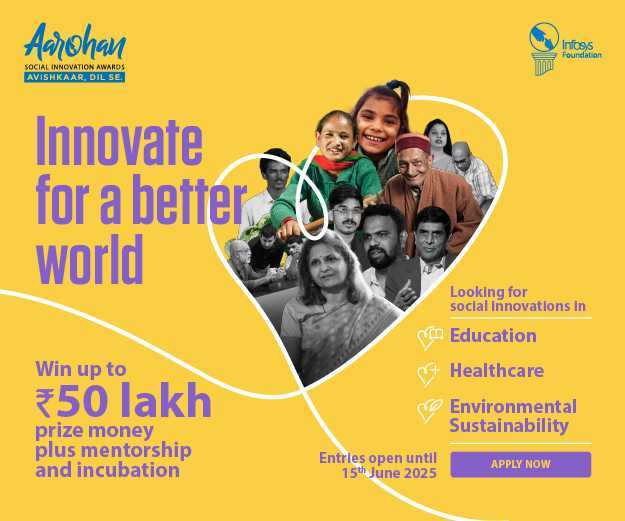
No comments:
Post a Comment